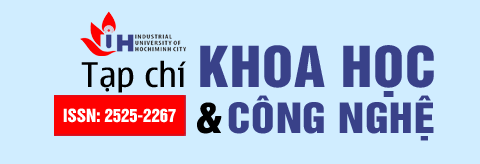FACTORS THAT INFLUENCE THE ADOPTION OF COMPUTER-ASSISTED AUDIT TECHNIQUES (CAAT) BY EXTERNAL AUDITORS IN VIETNAM
Main Article Content
Abstract
The explosion of digital technology has changed the operation of many distinct types of businesses and industries. Auditing services, which handle assessing compliance with laws, policies, financial and accounting regimes, and the performance of businesses and organizations, must also perform increasingly complex professional activities. In that context, computer-assisted audit techniques (CAAT) provide auditors with many advantages to perform the task efficiently. To increase the use of CAAT, it is important to understand what factors are significantly influencing adoption decisions. The main aim of this study is to identify and build a research model suitable to the characteristics of Vietnam, to measure the factors affecting the acceptance or application of CAAT in auditing financial statements. The authors used mixed research methods: qualitative methods (collection of documents, interviews with experts) were used to build research models and questionnaires; quantitative methods (descriptive statistics, exploratory factor analysis, correlation, and regression analysis) are used to verify the influence of the factors in the model. The research results show that the intention to accept the use of CAAT by independent auditors is positively affected by the factors of performance expectancy, effort expectancy, social influence, and facilitating conditions.

